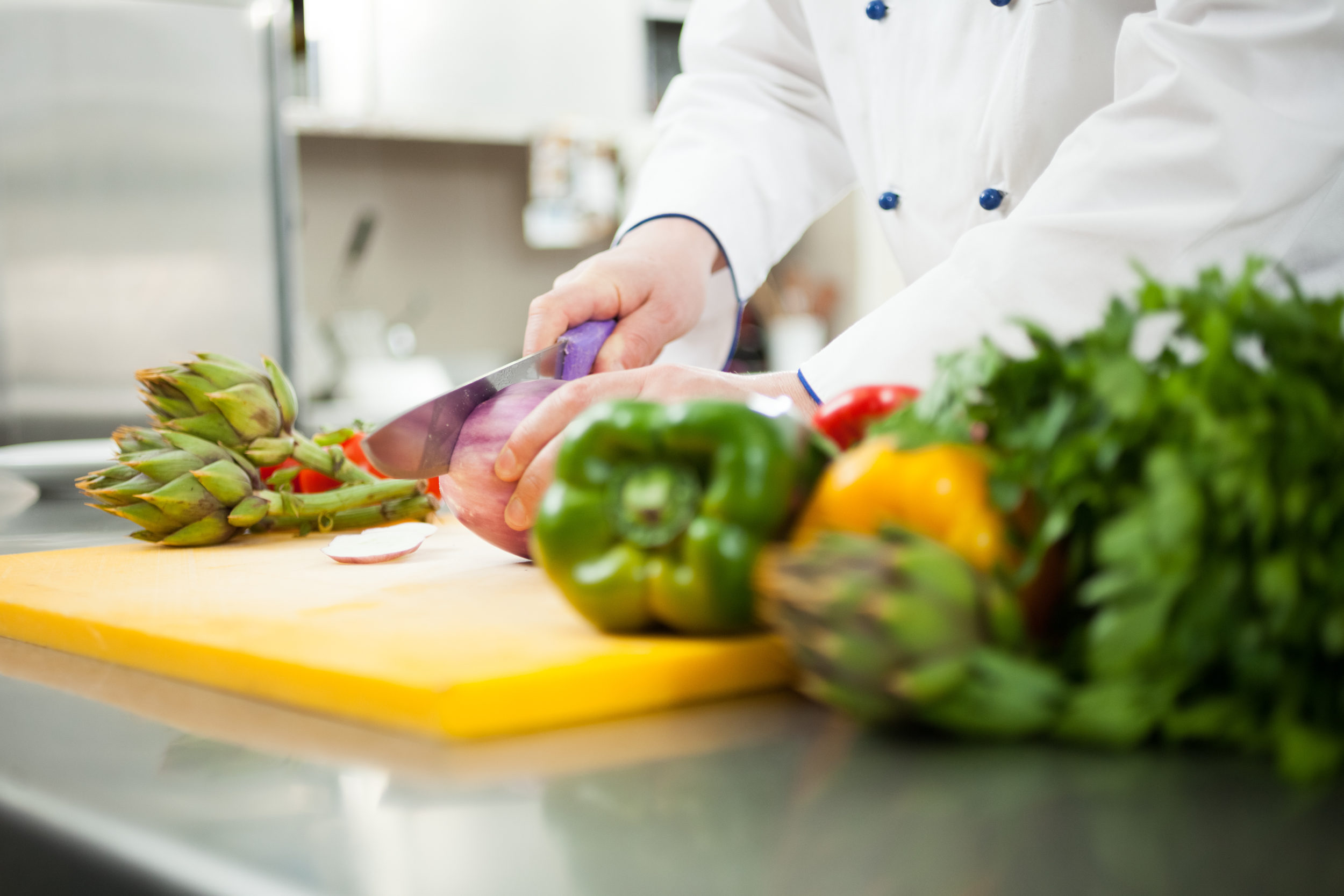FoodLogiQ, a software platform aimed at mitigating food safety and traceability issues has raised a $19.5 million Series A round from a diverse group of investors.
The round was led by sustainability-focused investors Renewal Funds with participation from agrifood tech VC Pontifax AgTech, digital measuring hardware maker Testo, Inc., Tyson Ventures, the VC arm of global protein player Tyson Foods. Greenhouse Capital, and Nicola Wealth Management and also participated.
FoodLogiQ is a single software platform that allows multiple links in the food supply chain to manage the quality and traceability of the food they source and sell, aided by a barcode-based tracking system. The platform offers supplier management, food safety compliance, quality incident management, recall management and whole chain traceability. It’s this all-encompassing quality – keeping recall procedure and action in the same platform as traceability and compliance that users say makes the platform valuable.
“The Whole Foods, Subways and Chipotles of the world are going to insist upon visibility and accountability at every step along the supply chain, so that they can communicate with consumers and create transparency. The stakes are very high for them,” said Phil Erlanger, founder and managing partner of Pontifax Agtech.
Founded in 2006, Food LogiQ has amassed a lengthy list of major industrial customers including Whole Foods Market, Subway, Chipotle, CKE Restaurants, Five Guys Burgers and Fries, Buffalo Wild Wings, Panda Express, and Hain-Celestial, along with hundreds of growers, co-packers and produce marketers.
In fact, Chipotle produce safety manager Arturo Tanus told AgFunderNews in 2017 that FoodLogiQ was one of several digital tools the company implemented to prevent the food safety issues that caused 450 people to contract multiple pathogens including salmonella, E. coli, and norovirus in 2015 and 2016.
“The ultimate driver of food safety and traceability technology is the health and well-being of consumers. FoodLogiQ’s technology provides clients with a state of the art system that can respond to incidents on a real-time basis with targeted texts, emails and calls that specifically target the source of specific problems and the locations involved. It enables management of clients to isolate and contain food safety incidents in a dramatically more efficient and productive way than ever before,” said Erlanger.
On top of helping to mitigate and better handle the kind of food safety issues that not only present real danger to consumers, but can also permanently damage the reputation of a restaurant or other food company, FoodLogiQ’s system can also help those same players back up claims that demand a premium price in the market, such as organic or non-GMO. According to Erlanger, the need to back up these claims with verification is more and more in demand from consumers.
“The agricultural supply chain is fundamentally driven by consumer preferences and regulation, driving comprehensive documentation of the food supply chain. The magnitude and complexity of producing food globally and tracking it from production to the consumer is a massive macro trend, in the very early innings,” said Erlanger.
Compliance is also becoming an increasingly costly requirement in the US. The first compliance date for the Food Safety Modernization Act Produce Rule was January 26, 2018. This year, produce farms with annual sales over $500,000 have to come into compliance, while smaller businesses have longer to update their operations.
The new rule establishes protocols for how produce farmers harvest, wash, package, and store fruits and vegetables usually consumed raw. Standards for microbial water quality, biological soil amendments, managing livestock and wild animals, health and hygiene, and equipment, tools and building make up the majority of the law and record keeping could range from $5,027 to $23,382 for small operations. Several startups have created new products and services just to help producers get into compliance.
Recent research has predicted that the food traceability market will be worth $14 billion by 2019 and there are a growing number of startups working towards introducing their own traceability solution for the food industry. Many of these are built on the blockchain, such as Provenance and Ripe.io. Walmart, Nestle, Driscoll’s, Tyson Foods Unilever, IBM, Dole and several other major food companies have teamed up to explore using blockchain technology (also known as a distributed ledger system) to manage the global food supply chain
FoodLogiQ is not built on a blockchain, but Erlanger explained that it is compatible with blockchain elements, so items and transactions completed or verified using blockchain technology could be integrated into FoodLogiQ’s tracking system.
“We’re not trying to bet against blockchain in any way. We think FoodLogiQ is a superior system for documenting the food supply chain and has the potential to be agnostic as to where food safety and traceability data comes from,” said Erlanger.
FoodLogiq will use the additional funds to expand its product offering as well as expanding sales, marketing and customer service teams.
FoodLogiQ’s funding prior to this financing round has been provided by Clarkston-Potomac Group.





